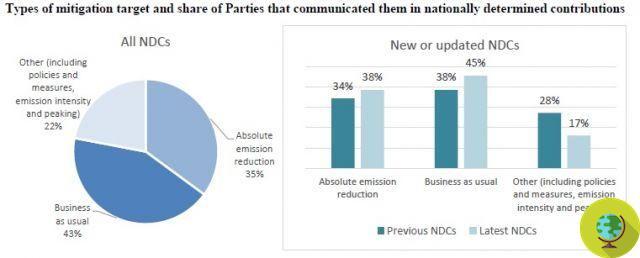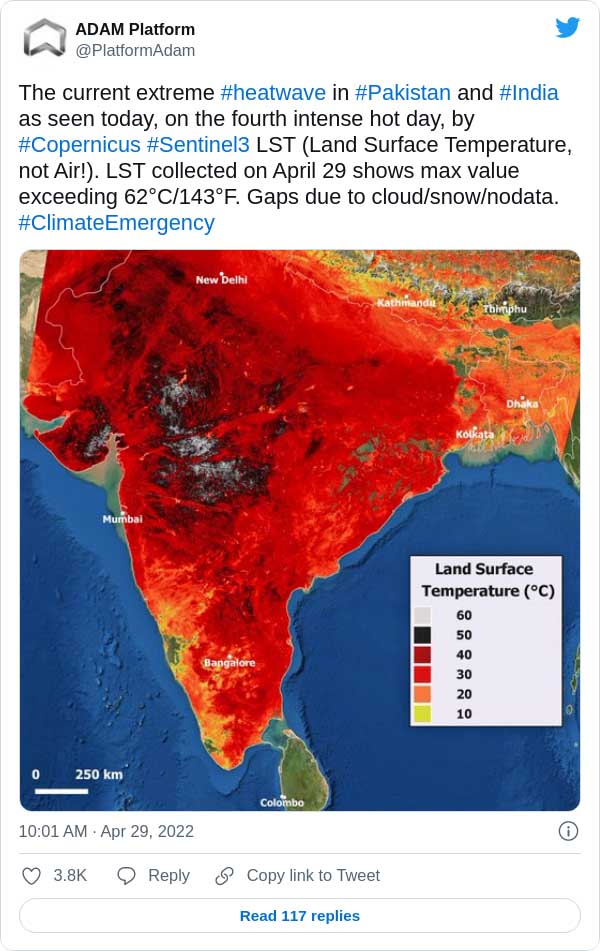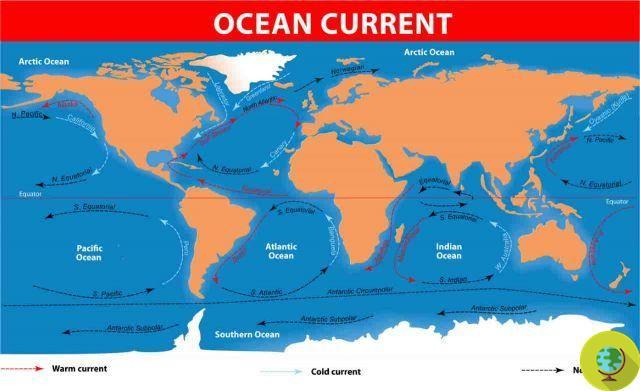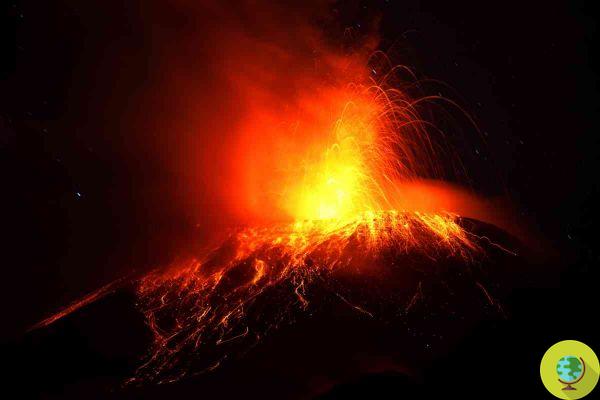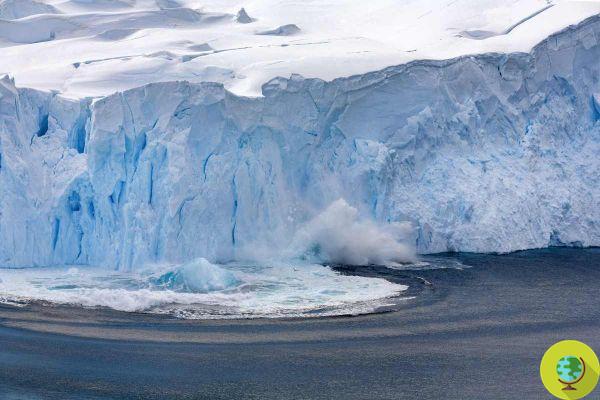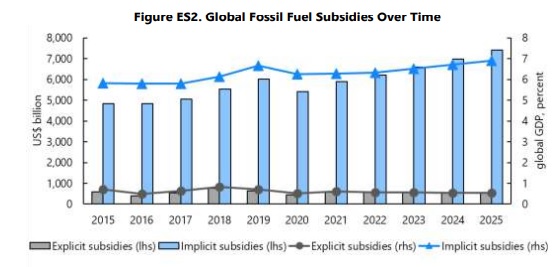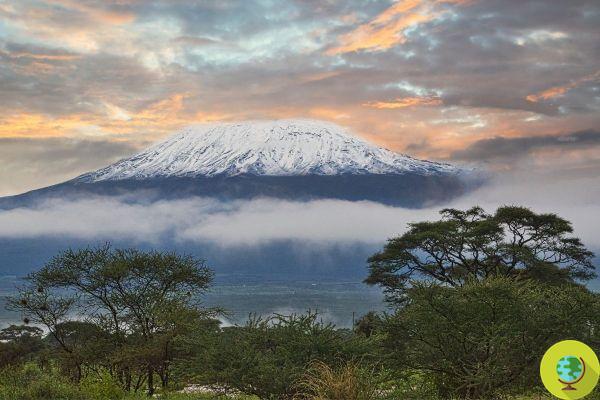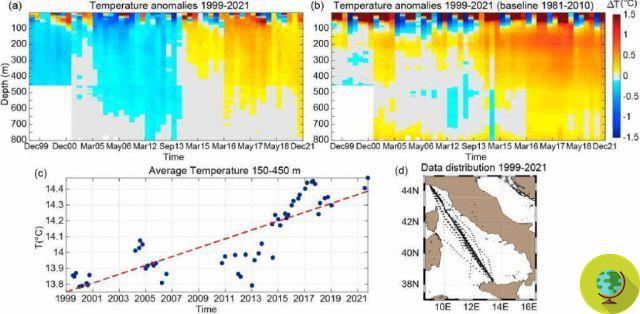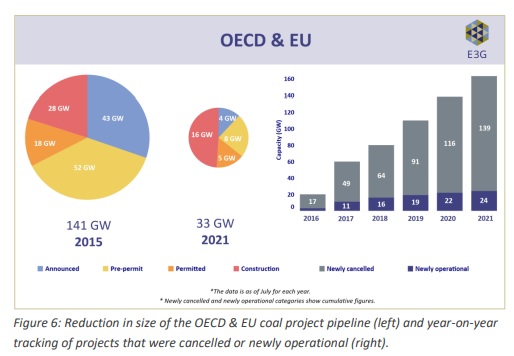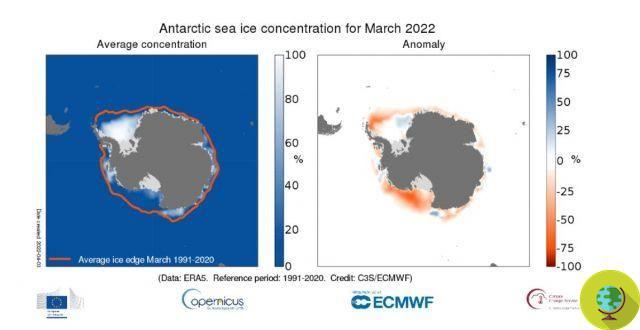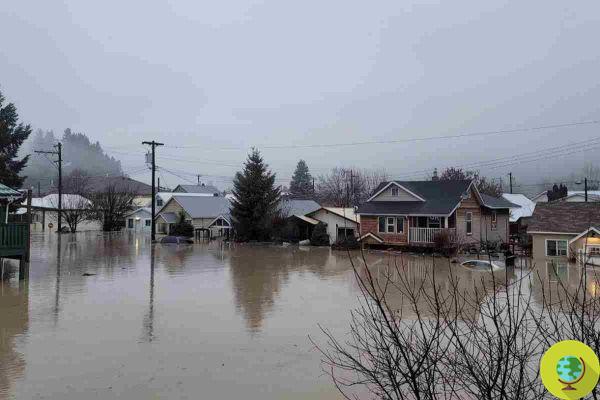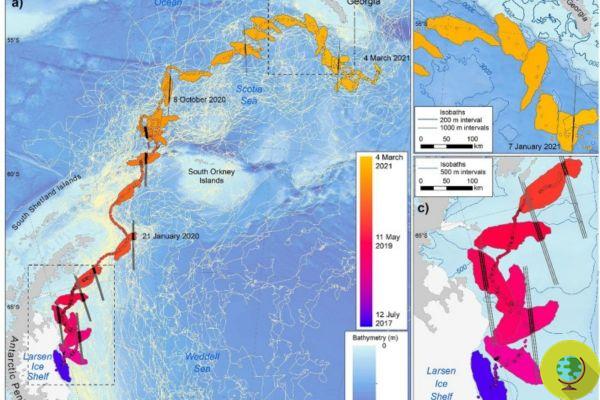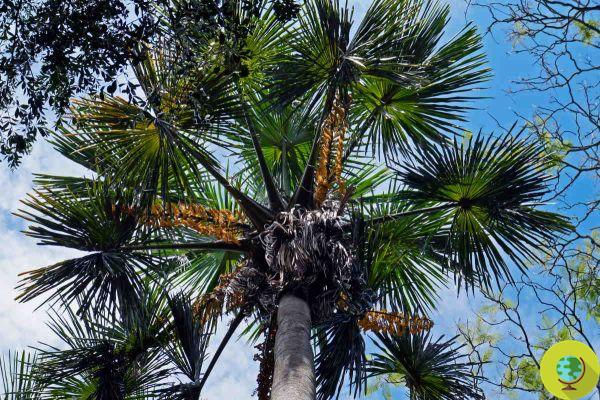
Female trees are cut down to harvest the delicious fruit - but is there an alternative to forest destruction that doesn't involve cutting down the plants?
Responsible and sustainable management of tropical peatlands is essential for mitigate the effects of the ongoing climate crisis, but also to protect biodiversity and defend the livelihoods of local communities living in their vicinity.
Unfortunately, however, often the attention paid to nature and the protection of ecosystems is insufficient to guarantee their survival - to the detriment of the environment but also of ours.
(Read also: We explain why using peat instead of compost harms the environment)
This is the case of the Mauritia flexuosa trees, an endemic palm of the Peruvian Amazon, whose presence on the territory represents one of the most carbon-dense ecosystems in the whole Amazon. The delicious fruits of these plants are traditionally harvested by cutting down the female palms (the ones that produce the fruits) - and this releases huge amounts of CO2 into the atmosphere.
Now an international group of researchers, led by the University of Leeds, has become interested in the environmental damage caused by the felling of these palms in order to reap the benefits. Scientists examined 93 sites where fruit trees were felled, producing detailed maps and analyzes to reveal the extent of environmental and economic damage caused by the felling of female palms.
The first dramatic consequences of this wild slaughter are for the local populations, who live off the consumption and sale of small fruits, which can represent up to 22% of family income. The felling of female palms has cut fruit production in half on the annual average - a clear demonstration of human impact on the ecosystem.
Three years. Humanity has only three years to stop the climate crisis (5 strategies to be implemented immediately)
The species, in fact, is called dioecious - that is, it has both male and female trees - and only female trees produce fruit. Felling of fruiting palms is reducing female specimens of the species, with many sites now housing only male palms that do not produce fruit. Consider that a tree of this species takes about 10 years to grow and reach maturity.
Fortunately, there is a fruit harvesting system that does not involve the felling of trees and that is already practiced by some Amazonian communities: it is basically a matter of climbing female trees and collecting the precious fruits. In communities where the fruit is harvested by climbing, the presence of a greater number of female plants has been attested.
According to the researchers' estimates, if all communities stopped cutting down trees and started reaping the rewards by climbing long trunks (up to 40 meters high), the average annual harvest could increase by 51% - a big boost for the fragile economy. local, which would result in an increase of approximately 62 million dollars more.
But not only that: increasing the protection of these tropical forests would also bring great benefits from the point of view of the environment. Peatlands, rich in carbon that would not be released into the atmosphere, would be protected - an important contribution to mitigating the effects of the ongoing climate crisis.
Follow your Telegram | Instagram | Facebook | TikTok | Youtube
Fonte: Nature Sustainability
We also recommend:
- The 10 commonly used products that contribute to deforestation
- Palm oil: Sri Lanka will ban imports and raze plantations, a historic decision
- While we are focused on the war in Ukraine, the Amazon continues to disappear: there is a new record of deforestation






